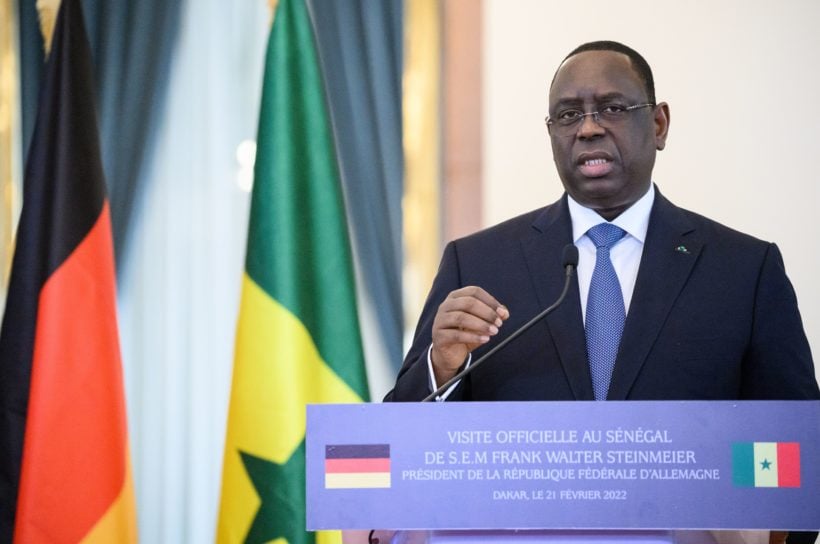
DAKAR, Jan 25 (Reuters) – Africa must produce more food instead of relying on imports and aid, Senegalese President Macky Sall told leaders gathered in the West African nation’s capital for a summit on Wednesday.
The continent is facing its worst food crisis ever, with more than one in five Africans – a record 278 million people – facing hunger, according to United Nations estimates.
Heavy debt burdens from the COVID-19 pandemic and the war in Ukraine which raised prices of fuel, grain and edible oils and diverted aid have added to long-term causes of food insecurity such as climate change and conflict, experts say.
“Africa needs to learn to feed itself and contribute to feeding the world,” said Sall, who is also chairman of the African Union.
“We have the potential, with around 60% of arable land here that is not exploited,” he said. “It is paradoxical that we still need to import the essentials of what we need.”
Over the next three days of the summit, leaders will present their national priorities on food security to development banks and other international partners including the United States, the European Union and Britain.
The meeting is meant to mobilize political commitment, development partner support and private sector investment to increase food production in Africa, said the African Development Bank, which is backing the summit.
“It is time for Africa to feed Africa,” said Akinwumi Adesina, President of the African Development Bank, who said African countries spend around $70 billion annually on food imports.
The bank will commit $10 billion over the next five years to support development in food and agriculture, he said.
Sall urged countries to adhere to the 2003 Maputo declaration on agriculture, which calls on African states to allocate 10% of their national budgets to agricultural development.
While Senegal allocates around 12%, some countries are yet to meet the target, he said.
He also said countries must support smallholder farmers who make up the bulk of producers on the continent. Women and youth in particular need more access to finance and land, said Sall.
The United States has made food security a priority as it reasserts its presence on the continent, seeking to counter the influence of Russia and China.
The U.S. and the African Union last month signed a strategic food security initiative at Biden’s African Leaders Summit. Among other things it will help African countries access fertilizer, which is becoming scarcer and more expensive.
(Reporting by Bate Felix; Writing by Nellie Peyton; Editing by Alex Richardson and Philippa Fletcher)